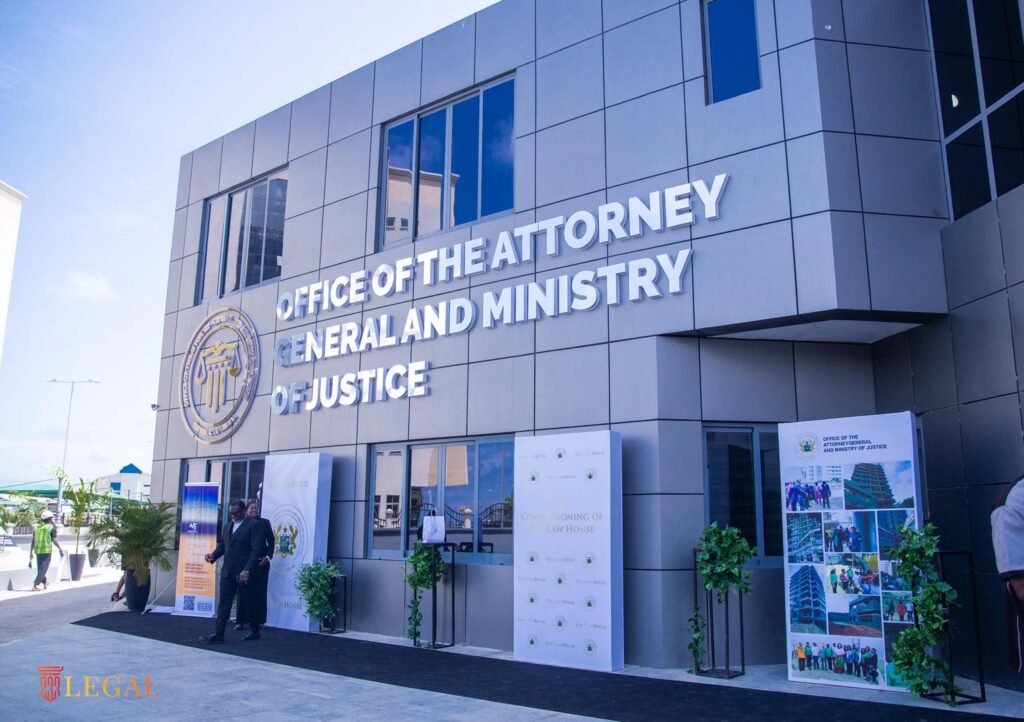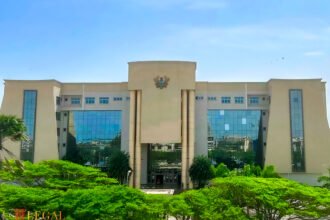
Supreme Court. WRIT NO. J1/08/2017 · 12 Jun 2019
Introduction
This landmark case addresses a long-standing constitutional and administrative matter in Ghanaian governance: whether a change in government automatically warrants the removal of Chief Executives, CEOs, and board members of public corporations. Initiated by Theophilus Donkor, the case challenged the constitutionality of this practice, particularly under the Presidential (Transition) Act, 2012.
Facts
● Theophilus Donkor challenged the constitutionality of removing Chief Executives, CEOs, and board members of public corporations solely based on a change in the presidency.
Implication:
● The Supreme Court held that governing board members appointed under Article 70 are not part of the public service and can be removed in accordance with the terms of conditions of their contract and in the absence of that, for a just cause.
● However, public service officers appointed under Article 195 can only be removed for just cause or per their terms.
● Section 14 of the Presidential (Transition) Act 2012 was declared unconstitutional to the extent that it requires Chief Executives or DIrector-General of public corporations to cease to hold office upon the assumption office of a new President
Significant Quote:
“Members of the governing bodies of statutory boards, corporations, authorities (howsoever described) are not members of the public services, and not public officers by virtue of their membership of the governing body of a statutory board or corporation.”
– Prof. Nii Ashie Kotey JSC
Commentary/Insight:
This decision has significant implications for governance and presidential transitions in Ghana. It affirms the President’s authority over political appointments under Article 70, while also safeguarding public service officers under Article 195 from arbitrary dismissals. For legal practitioners, this case is a reminder of the nuanced distinctions between political and public service roles in constitutional law.
For the public, the ruling sheds light on the legal framework that governs appointments and transitions, ensuring a balance between executive power and institutional stability/accountability. Organizations must now carefully review their appointment processes to ensure compliance with constitutional provisions.
Nana Ofori Nti Debrah a legal practitioner contributed to this article.











